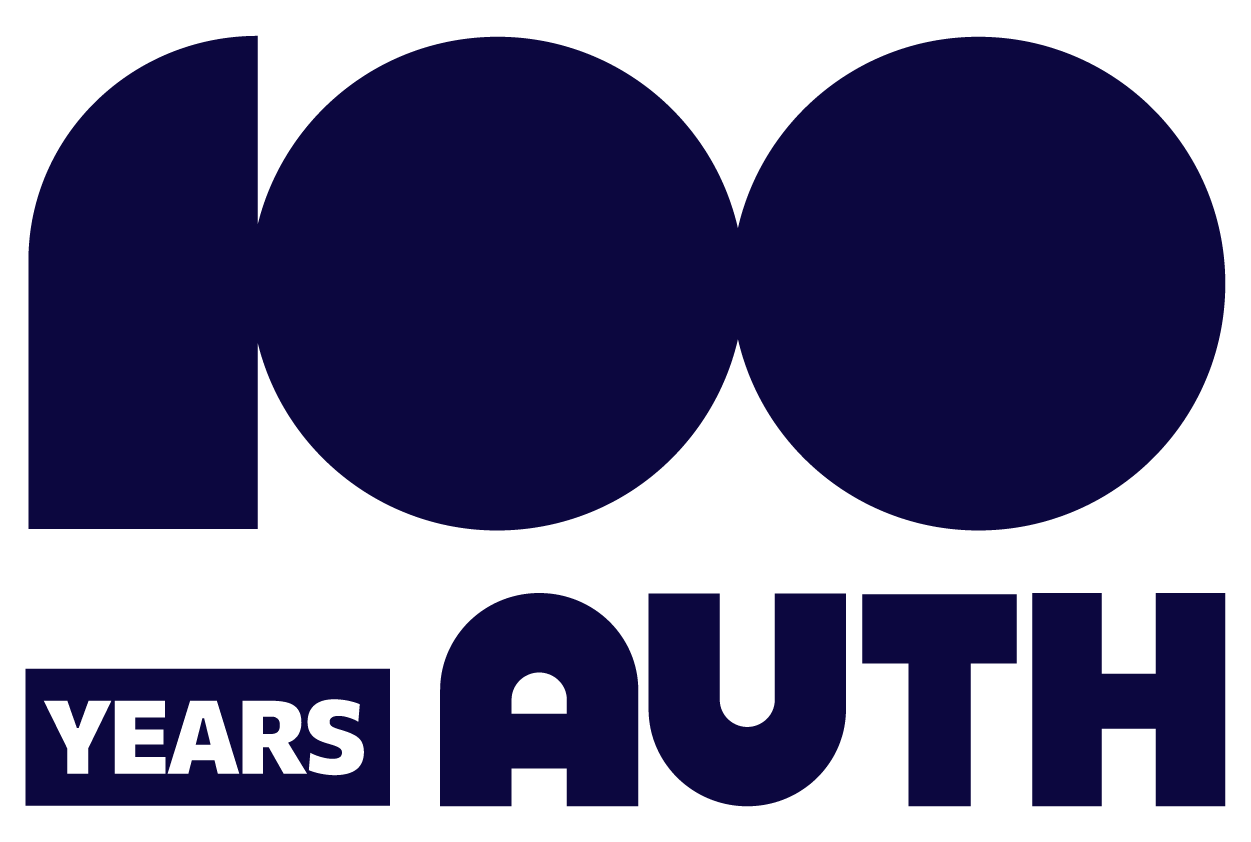
Where does the meaning of a text reside and who is responsible for it? Is meaning single or multiple? What is the role of the author and the reader, and how do different readings transform a text? How do literary texts and characters reflect certain ideologies and interact with history? How does literature relate to society and help us understand the world around us? What does the work of thinkers like Karl Marx and Sigmund Freud have to do with literature? This course attempts to answer these questions by approaching literary theory as a valuable tool that helps discover and decipher the complexity of a literary text. Students are introduced to some of the most influential theories (e.g. structuralism, deconstruction, psychoanalysis, Marxism, feminism etc.) that developed during the twentieth century and widely inform the study of literature nowadays too. They familiarize themselves with the key concepts of each strand of critical thought and the ways these shape the process of interpretation through the careful reading of seminal theoretical texts and the practical application of their propositions to a wide range of texts, from short stories and novel extracts to poems, songs, plays, and films.
Expected learning outcomes:
Assessment for this course is continuous and involves participation in class discussions and exercises, short midterm and take-home assignments, and group presentations or research essays.